Worst political turmoil, plunging economic indicators, chilly consumer sentiment, and dwindling population…. This is the current state of the Korean economy that the people feel. However, the green light for hope for the Korean economy did not go out. Businesses are at the heart of it.
By March, Korea Hydro and Nuclear Power will sign a final contract with the Czech government to win a 24 trillion won nuclear power plant. Doosan Efficiency, which manufactures the main facilities, is busy preparing for the Czech nuclear power plant project despite martial law and impeachment.
Samsung Electronics is competing to enter the 6th generation high-bandwidth memory (HBM4) market, an artificial intelligence (AI) semiconductor, early this year. Through this, it is determined to regain its No. 1 position in the world of semiconductors.
The shipbuilding and automobile industries are preparing to take a leap forward in the new year.
SK Energy and GS Caltex are looking for a new way out of the sustainable aviation oil (SAF) business while the oil refining industry is suffering from worsening refining margins. Ryu Jin, president of the Korea Business Association, said, “entrepreneurship is a new growth engine,” adding, “Korea’s entrepreneurship is the driving force behind creating opportunities in a crisis.”
Hope is also felt in the face of the bold challenges of small and medium-sized enterprises. Parts manufacturer KNJ has decided to make a new investment of 20 billion won to increase the production of materials and parts for semiconductor processing. Following the first expansion of the new year, it plans to invest 20 billion won more by next year. An official from KNJ said, “We are trying to secure a mid- to long-term growth base by expanding new businesses,” adding, “It is a preemptive investment that is conducted based on the future rather than right now.”
There is also a strong support for companies to work as much as they want. Most economic indicators are sending danger signals, but foreign exchange reserves of more than $400 billion are guarding them. This is the biggest difference from the 1998 financial crisis. The current account surplus is also significant. The current account deficit was $35 billion from 1996 to 1997, but the current account surplus is $100 billion from 2023 to 2024.
They also have a small dollar debt to pay overseas. The ratio of short-term foreign debt to foreign exchange reserves within one year of maturity was 300% during the 1997 foreign exchange crisis and 72% during the 2008 global financial crisis, but now it is 38%.
The ratio of external debt to gross domestic product (GDP) exceeds 200% in the UK and France, and more than 150% in Germany and Sweden. Japan is more than 100%, but Korea is around 40%. It is also a net foreign creditor country that has $378 billion more to receive than foreign debt.
Meanwhile, domestic economists cited “politics” as the biggest obstacle to the Korean economy. In a survey of 131 economists conducted by Maeil Economics, 64.9% pointed to “political instability and uncertainty” as the biggest risk to the economy in the new year.
[Reporter Moon Jiwoong / Reporter Park Yoon Kyun / Reporter Jonghwa Lee]
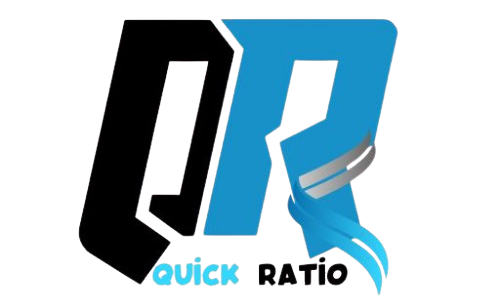
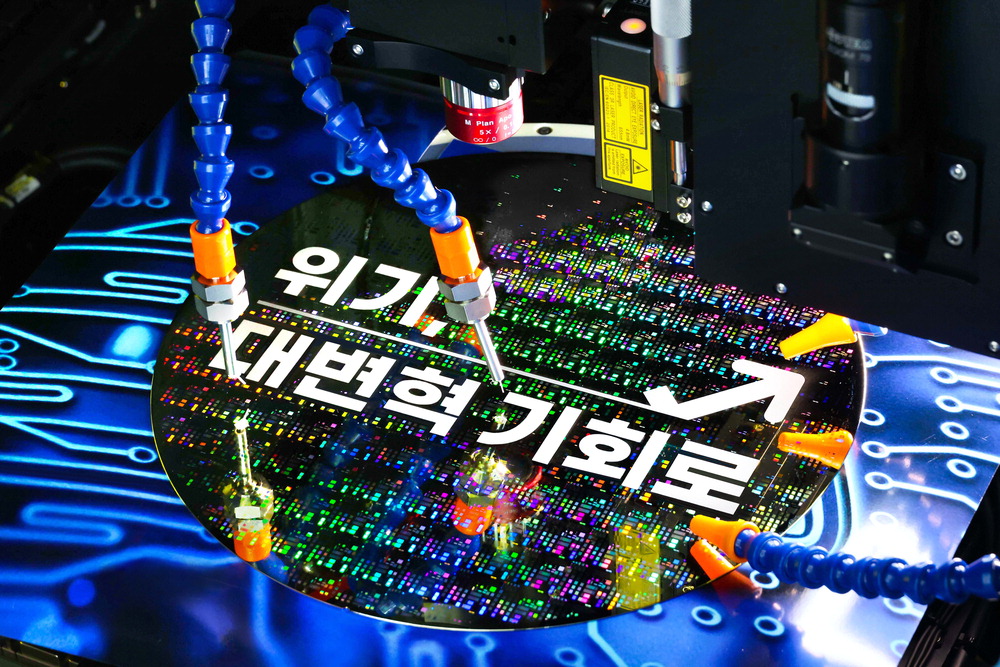
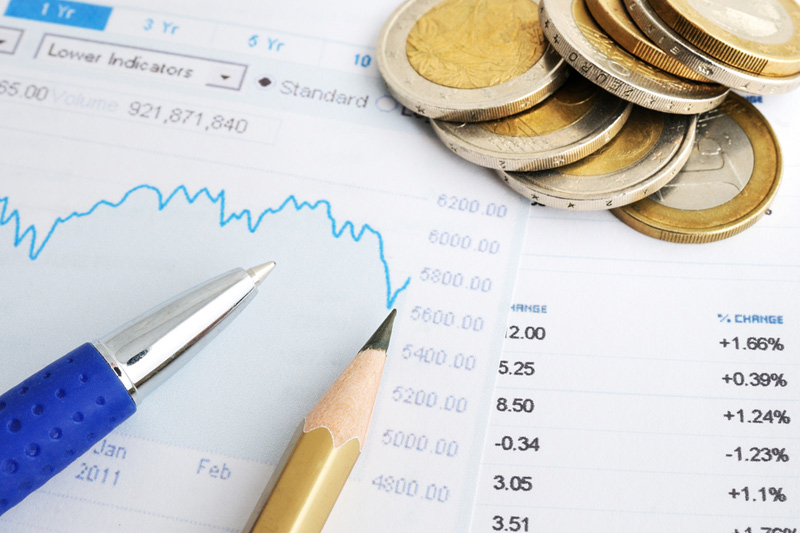




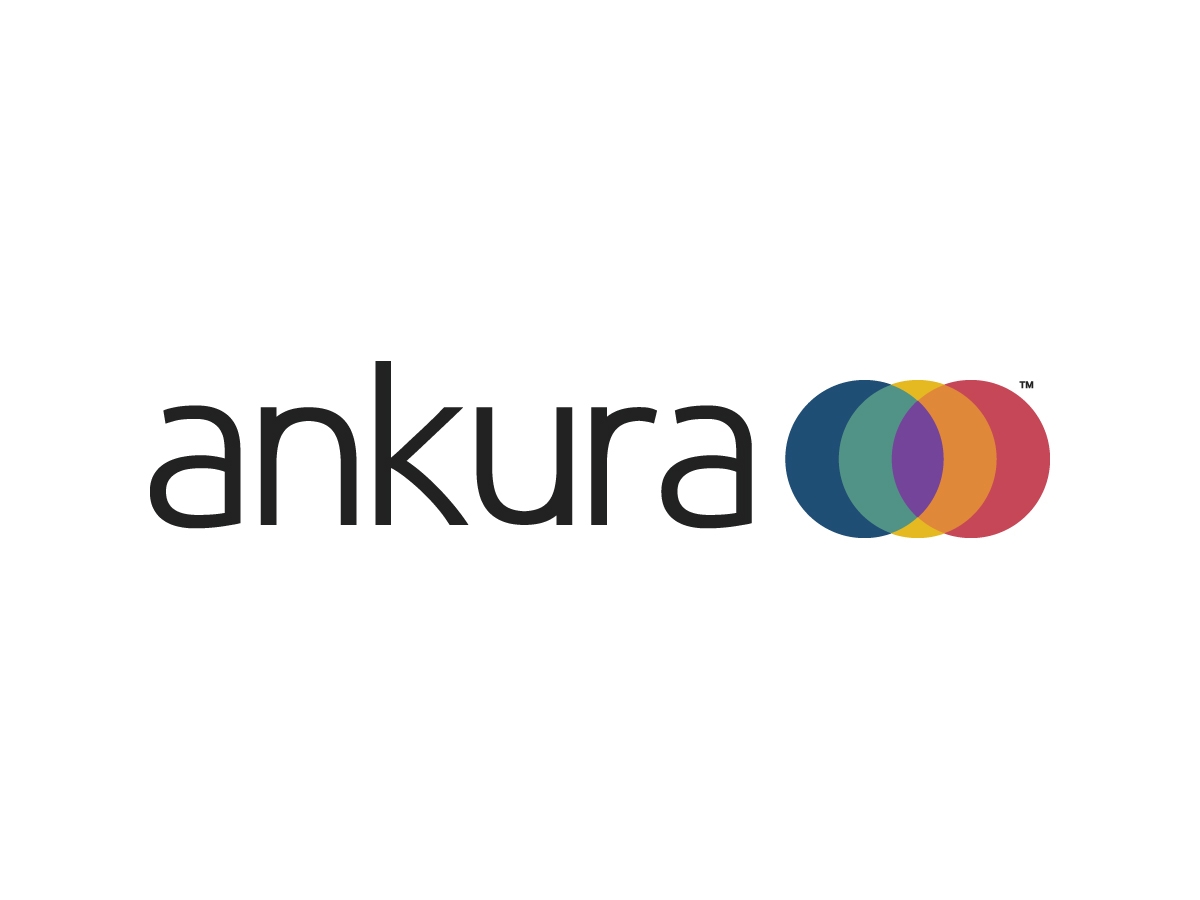
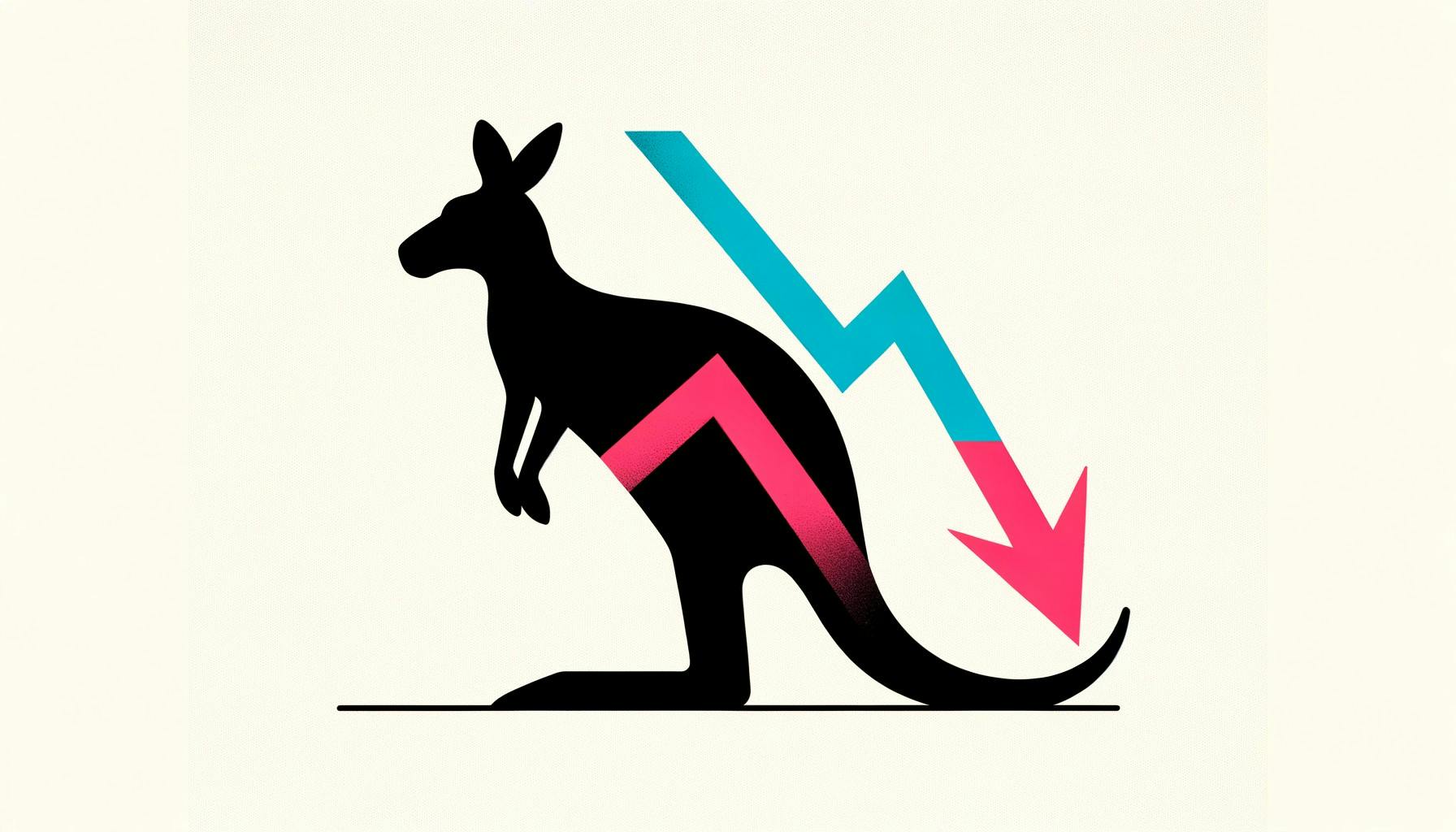
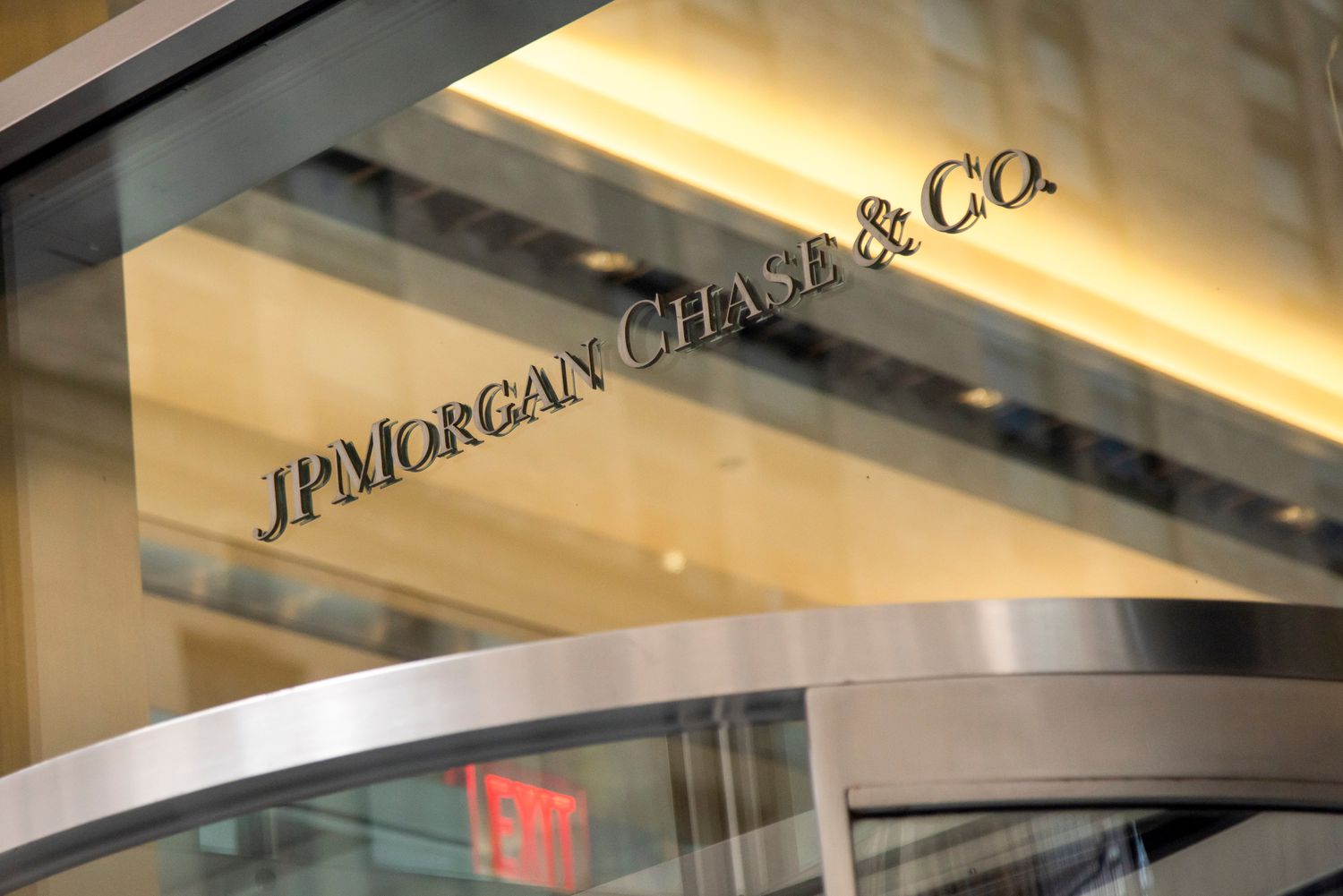
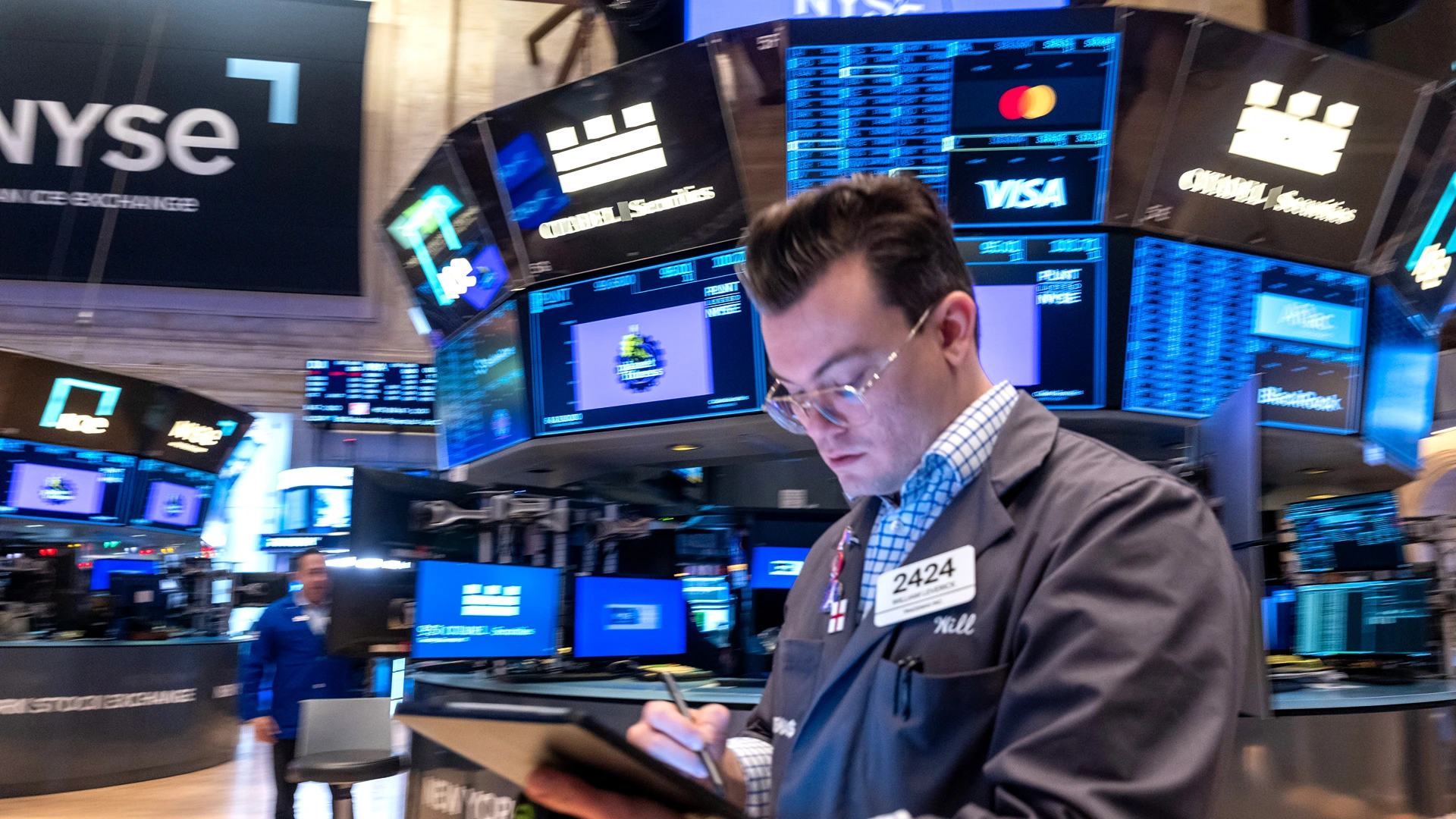
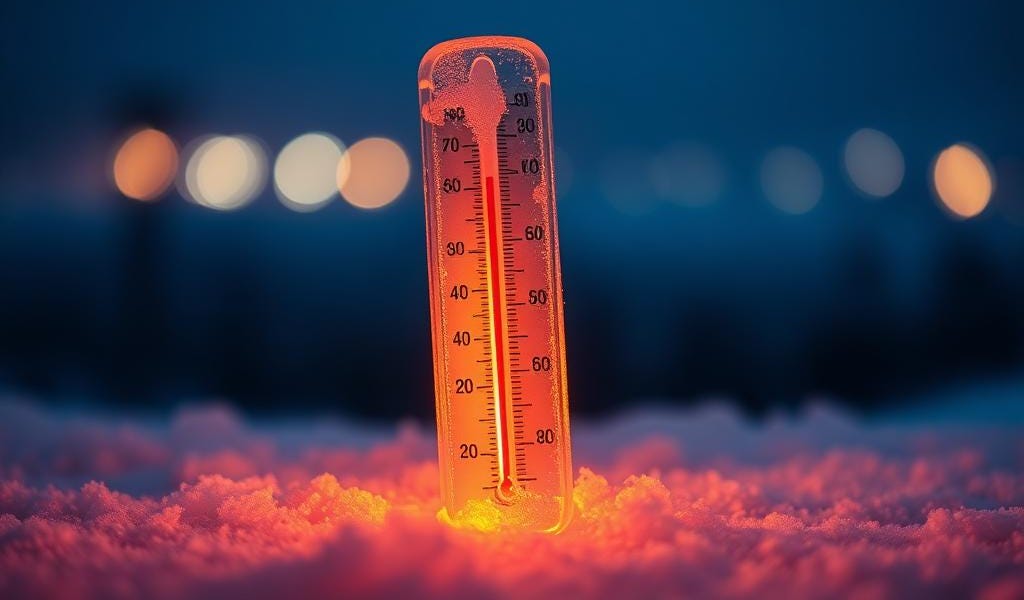
Leave a Reply